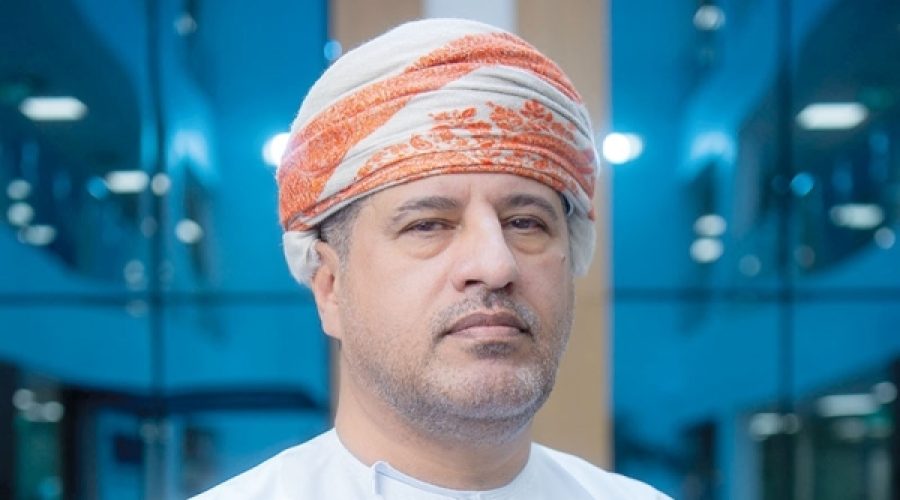SEZAD Launches Duqm Summer Series with AI Focus: What This Means for Investors and Entrepreneurs in Oman
BUSINESS REPORTER
AL DUQM, JULY 28
The Special Economic Zone at Duqm (SEZAD) will inaugurate its Duqm Summer Series on August 5, focusing on artificial intelligence (AI) and automation. The initiative aims to support the zone’s expanding business community.
The opening session will feature Saeed Abdul Ghafoor, whose company, Star Drones, developed TARIQ—Oman’s first drone manufactured domestically using local materials. Star Drones has utilized its AI-powered drones across 19,000 acres in agricultural projects and is advancing applications in environmental monitoring and manufacturing.
Ghafoor’s expertise is particularly relevant to SEZAD-based companies that are currently applying AI solutions but require practical insights to scale their operations effectively.
“While SEZAD tenants are already implementing AI solutions successfully, the true challenge is scaling these initiatives,” stated Eng. Ahmed Akaak, CEO of SEZAD. “The Duqm Summer Series connects our business community with experienced practitioners who can share proven strategies, successes, and the obstacles they have faced.”
The potential impact of AI adoption is significant. The World Economic Forum’s Global Lighthouse Network, comprising 189 production facilities using AI, reports 53% higher productivity and a 26% reduction in costs. Additionally, AI has contributed to 50% faster new product introductions and notable environmental benefits, including 30-50% emissions reductions and a 30% decrease in material waste.
Strategically located between Europe, Asia, and Africa, SEZAD sees these advancements as both an opportunity and a necessity. Research from UNIDO highlights that each manufacturing job creates more than two additional jobs in other sectors, emphasizing technology adoption as a driver of broad economic development beyond mere efficiency gains.
This broader economic perspective shapes the format of the Duqm Summer Series. “Innovation occurs when professionals from different sectors—such as logistics, fisheries, renewable energy, and manufacturing—exchange knowledge and solutions,” Eng. Akaak noted.
The sessions, each lasting one hour and starting at 1:00 pm, will combine presentations with interactive discussions. Following the opening session, the series will cover workforce development with Auf Al Aufi from the Development Bank (August 12), supply chain resilience with Nabeel Al Balushi from the Ministry of Transport, Communications & Information Technology (August 19), and workplace culture and wellbeing with Dr. Aziza Al Sawafi from Sultan Qaboos University (August 26).
With SEZAD attracting RO 6 billion (USD 15.5 billion) in cumulative investment commitments—a 55% increase compared to 2023—the Duqm Summer Series aims to address the practical challenges faced by tenant companies. “Our tenants are not only seeking cost advantages; they are confronting critical questions facing modern industries: How to transition from AI pilots to full-scale deployment? What does workforce development entail amid rapid technological change? How to ensure supply chain resilience in a fragmented global landscape?” Eng. Akaak explained.
For SEZAD companies already working with AI but looking to expand their efforts, Ghafoor’s approach may offer the roadmap necessary to unlock substantial productivity improvements observed worldwide.
To participate in the Duqm Summer Series, please register at: https://shorturl.at/uKJ0a
Special Analysis by Omanet | Navigate Oman’s Market
The launch of the Duqm Summer Series, focusing on AI and automation, signals a transformative opportunity for Oman’s Special Economic Zone at Duqm, encouraging businesses to scale AI initiatives beyond pilot stages, boosting productivity and cost-efficiency. Smart investors and entrepreneurs should capitalize on SEZAD’s growing ecosystem, leveraging AI-driven innovation and cross-sector collaboration to tap into emerging markets and drive sustainable economic growth. However, they must also address workforce development and supply chain resilience to maintain competitive advantage amid rapid technological change.



